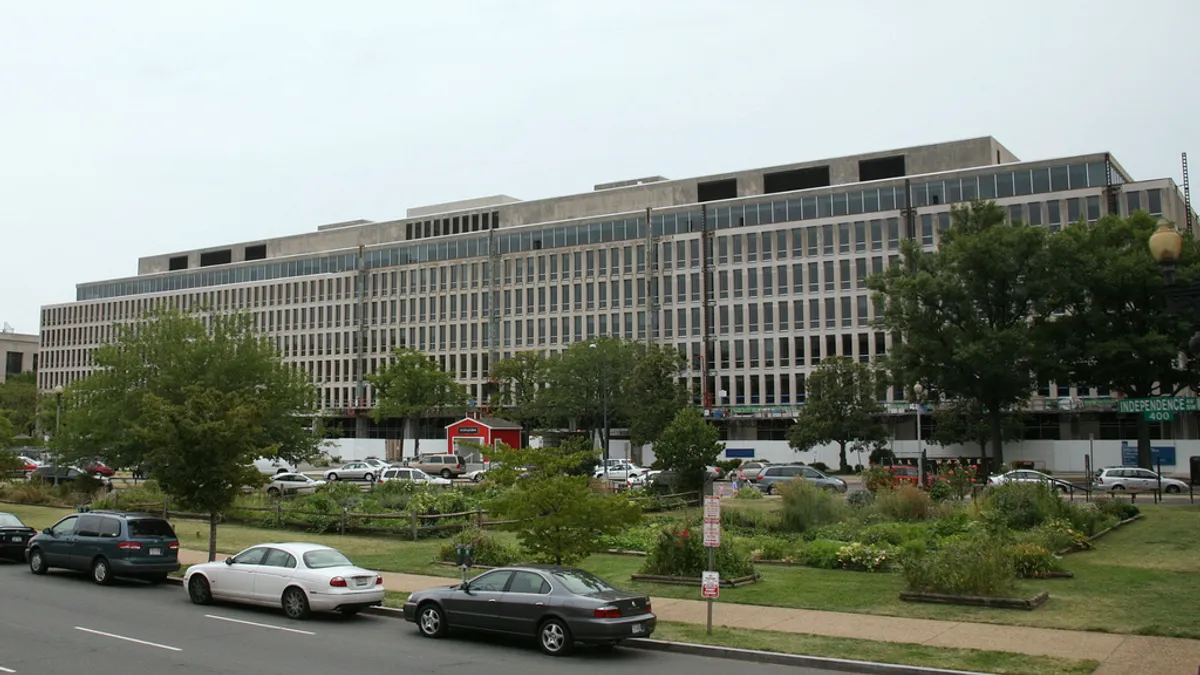Dive Brief:
- The U.S. Department of Education’s rule-making panel has been negotiating the future of mandatory arbitration clauses, which a number of for-profit institutions, especially, incorporate into enrollment forms for students, taking away their ability to sue in open court.
- Inside Higher Ed reports the department is considering two proposals, one that would limit the circumstances under which colleges can require arbitration and force them to allow class-action lawsuits, and another that would offer a more general ban on mandatory arbitration when students have claims related to a student loan or their educations.
- While the Association of Private Sector Colleges and Universities argues the arbitration clauses protect schools from class-action suits brought in the interests of lawyers more than students, advocates of the new restrictions point to the need to bring complaints against problem schools from behind closed doors.
Dive Insight:
Arbitration happens off the public record, making it a more desirable place to argue cases for schools dealing with complaints. Future students, the media, and government regulators do not see the proceedings during arbitration or the outcomes. Under the new rules, even if there are circumstances in which the department will allow arbitration, colleges will have to provide copies of all complaints that lead up to it.
The discussion of arbitration clauses was added as a late addition to this week’s rule-making panel agenda, in part because Sen. Elizabeth Warren (D-MA) demanded it ahead of John B. King Jr.’s confirmation as secretary of education.












